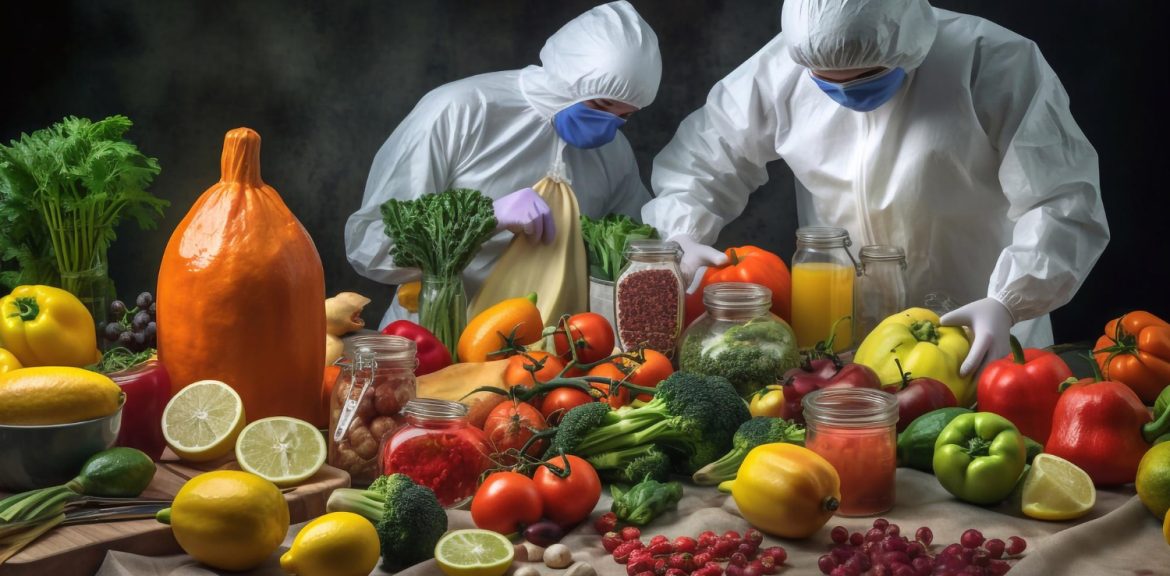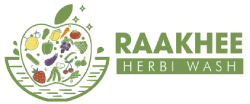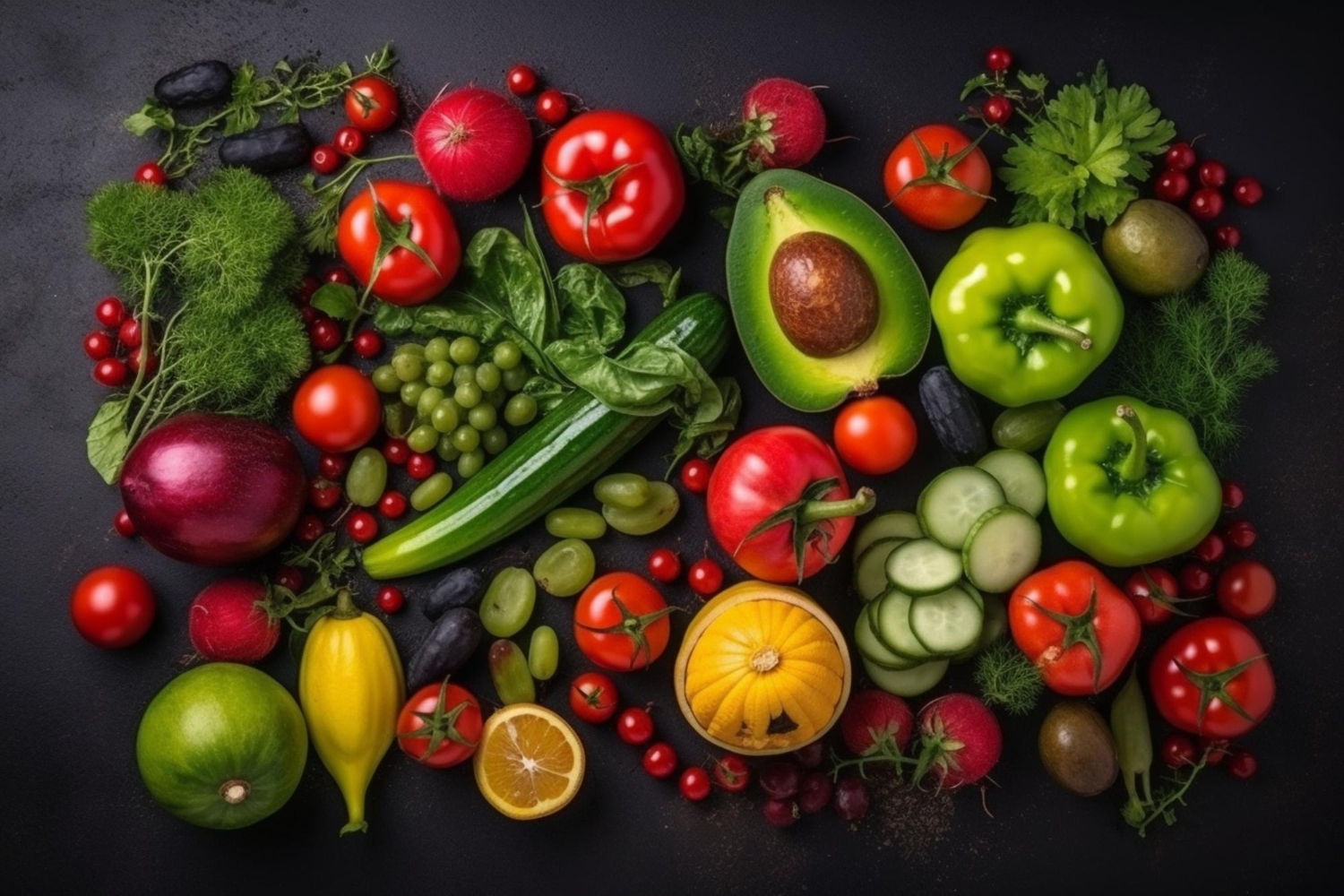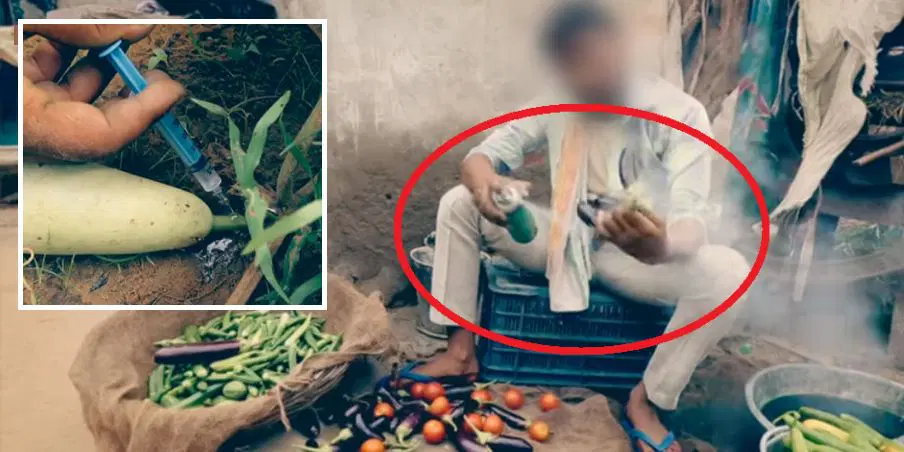
From Farm to Table: The Journey of Contaminants in Indian Vegetables and How to Safeguard Your Health
In the vibrant tapestry of India’s agricultural landscape, the journey of vegetables from farm to table is rife with challenges, with contaminants such as pesticides, bacteria, and viruses posing a significant threat to public health. Understanding this journey and adopting proactive measures is crucial for safeguarding our well-being.
Pesticides: The Unseen Culprits in Our Fields
The cultivation of vegetables often involves the use of pesticides to protect crops from pests. However, the residues of these chemicals can linger on the produce, finding their way into our kitchens. Prolonged exposure to pesticide residues has been linked to various health issues, making it imperative to address this concern at its root.
Bacteria and Viruses: Hitchhiking on Fresh Produce
The journey from farm to table also exposes vegetables to bacteria and viruses, either through contaminated water sources, improper handling, or unhygienic storage conditions. This microbial hitchhiking poses a direct threat to consumers, potentially leading to foodborne illnesses if not properly addressed.
The Vegetable Scam: Navigating Deceptive Practices
Beyond natural contaminants, the vegetable market in India is not immune to deceptive practices. Adulteration, mislabeling, and the use of harmful substances in the cultivation process have been reported. Consumers must be vigilant to ensure that the vegetables they purchase are genuine, fresh, and free from harmful additives.
Safeguarding Your Health: Practical Steps and Solutions
Amidst these challenges, there are practical steps that consumers can take to safeguard their health and that of their families:
a. Conscious Consumer Choices: Opt for vegetables from trusted sources, and consider organic or pesticide-free options. Support local farmers and markets that adhere to safe and ethical practices.
b. Thorough Washing and Cleaning: Implement thorough washing and cleaning practices at home. RAAKHEE Herbi Wash, a herbal alternative developed through extensive research, offers an effective solution to cleanse vegetables from contaminants without compromising safety or taste.
c. Stay Informed: Stay informed about the vegetables you consume. Be aware of seasonal variations, potential risks, and any recalls or advisories issued by health authorities.
d. Advocacy for Food Safety: Advocate for stronger regulations and practices in the agricultural sector. Support initiatives that promote transparency, ethical farming practices, and consumer education.
In conclusion, the journey of contaminants from farm to table is a complex challenge, but with awareness and proactive measures, consumers can take charge of their health. By making informed choices, embracing safe cleaning practices, and supporting ethical agricultural practices, we contribute to a healthier and safer food supply chain for all.


